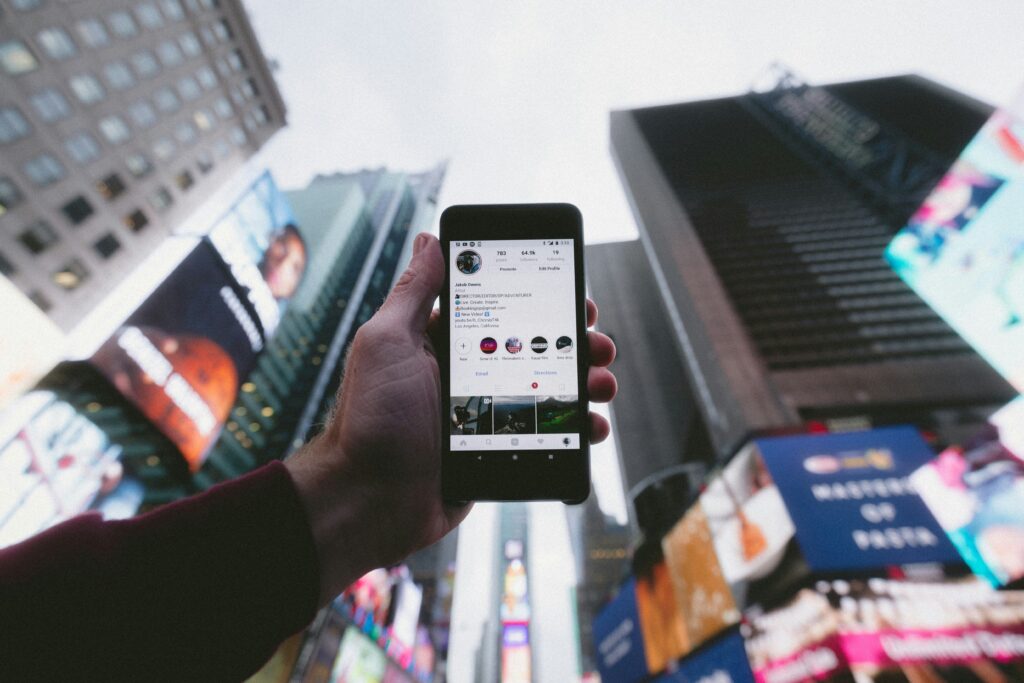In our fast-paced world, everything seems to be available at the push of a button. From instant streaming services to social media notifications, the modern age is built around instant gratification. But have you ever stopped to wonder how all this constant stimulation is affecting your mind? The answer lies in dopamine, a neurotransmitter that plays a significant role in our motivation and reward system.
Dopamine is often called the “feel-good” chemical because it’s released when we experience pleasure, whether it’s eating our favourite food or receiving a like on social media. It’s our brain’s way of rewarding us for actions that make us feel good. But what happens when we become too reliant on constant dopamine hits? The answer: overstimulation. And that’s where the idea of a dopamine detox comes into play.
In this article, we’ll explore the role of dopamine in motivation, how overstimulation impacts mental health, and how taking a break from instant gratification can help reset our brain’s reward system:
- How overstimulation affects mental health
- What is a dopamine detox?
- Practical ways to reduce instant gratification
- Reducing overstimulation, slowing down the brain’s reward system
How overstimulation affects mental health
We live in an age where everything is designed to grab our attention. From the notifications pinging on our phones to the endless scrolling on social media, we’re constantly being flooded with information and instant rewards. While this may feel satisfying in the moment, the long-term effects can be damaging to our mental health.

Social media is perhaps the biggest offender when it comes to overstimulation. Every time you check your notifications, you’re receiving a hit of dopamine. This positive reinforcement encourages you to keep coming back for more—liking, commenting, scrolling, and watching. Over time, the brain becomes conditioned to expect instant gratification from these platforms, which can lead to feelings of addiction and an inability to focus on anything that doesn’t offer an immediate reward.
“Social media is designed for our brains. It interfaces with the parts of the human brain that regulate our sense of belonging and social approval. It rewards our dopamine system and encourages us to seek more rewards by connecting, engaging, and sharing online.” – Sinan Aral
Video games also have a similar effect. Many games are designed to keep you hooked by offering constant rewards: levels, achievements, and points. These instant rewards are a fun and engaging way to spend time, but they also train the brain to crave immediate feedback. This can make it harder to engage in activities that require patience, like reading a book or focusing on long-term goals.
When our brain is constantly stimulated by these sources of instant gratification, we can experience a range of negative mental health effects. Increased stress, anxiety, and lack of motivation are just a few of the outcomes. This overstimulation leads to a lack of mental clarity and can make us feel increasingly restless or unsatisfied. Worse, when we don’t get that immediate dopamine hit, it can lead to feelings of boredom and frustration.
What is a dopamine detox?
So, what exactly is a dopamine detox? The concept is simple but powerful: it’s the act of taking a break from activities that provide constant, instant gratification, such as social media, video games, or even junk food. The goal is to reset the brain’s reward system, allowing it to find joy in activities that are less stimulating but more fulfilling in the long run.
A dopamine detox isn’t about removing dopamine from your life altogether (which is, of course, impossible). Instead, it’s about reducing the frequency and intensity of the dopamine hits you get from short-term, high-reward activities. By doing so, you give your brain the chance to recalibrate and start appreciating activities that require patience, effort, and delayed gratification.
Practical ways to reduce instant gratification
Now that we understand the concept of a dopamine detox, how can we put it into practice? Here are some simple yet effective strategies to reduce instant gratification and promote long-term satisfaction:
One of the easiest ways to start your dopamine detox is to cut back on screen time. Try setting limits on social media use or even delete apps that you feel you can’t stop checking. You don’t have to go cold turkey, but gradually reducing the time you spend on your phone or computer can help you break the cycle of constant digital stimulation. Start by setting aside specific times of the day to check notifications, rather than allowing yourself to be constantly distracted.
Mindfulness is a powerful tool in combating overstimulation. By practising mindfulness, you bring your attention back to the present moment and away from distractions. You can practise mindfulness through simple techniques like deep breathing, meditation, or paying attention to your surroundings during daily activities. Mindfulness helps you reconnect with the world around you, enabling you to find joy in everyday tasks and cultivate mental clarity.
In a world of constant stimulation, boredom is often seen as something to avoid at all costs. But boredom can actually be incredibly helpful. Allowing yourself to experience intentional boredom—without reaching for your phone or filling the time with another dopamine-inducing activity—can help reset your brain. Boredom fosters creativity, encourages problem-solving, and gives you space to think deeply. So, next time you’re tempted to check your phone during a dull moment, try embracing it instead. Let your mind wander, and see what new ideas or insights emerge.
Reducing overstimulation, slowing down the brain’s reward system
Taking a break from instant gratification through a dopamine detox can have profound effects on both your mental health and your overall well-being. By reducing overstimulation from digital sources like social media and video games, you can reset your brain’s reward system, leading to improved focus, increased patience, and a greater sense of contentment.

Here’s our little summary:
- Our world is insanely fast-paced and that makes it challenging to navigate
- Social media, video games and other media keep our brains in overdrive
- Media outlets provide the brain with instant gratification, meaning each and every new video on our For You Page will release neurotransmitters suggesting
The long-term benefits of slowing down and embracing delayed gratification are immense. By reintroducing activities that require effort, such as reading, learning a new skill, or pursuing a hobby, you can experience a deeper sense of fulfilment and satisfaction. In a world that thrives on constant stimulation, taking the time to detox from dopamine hits can help you reconnect with what truly matters, leading to a more mindful and balanced life.








